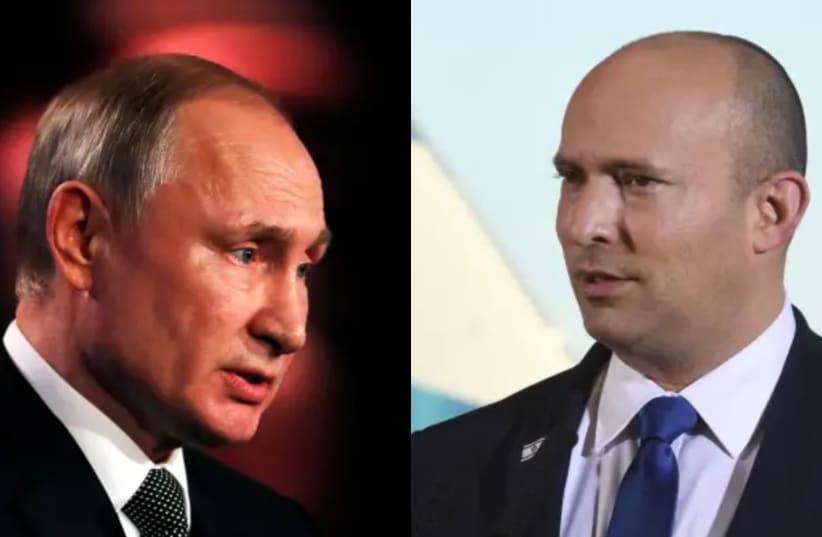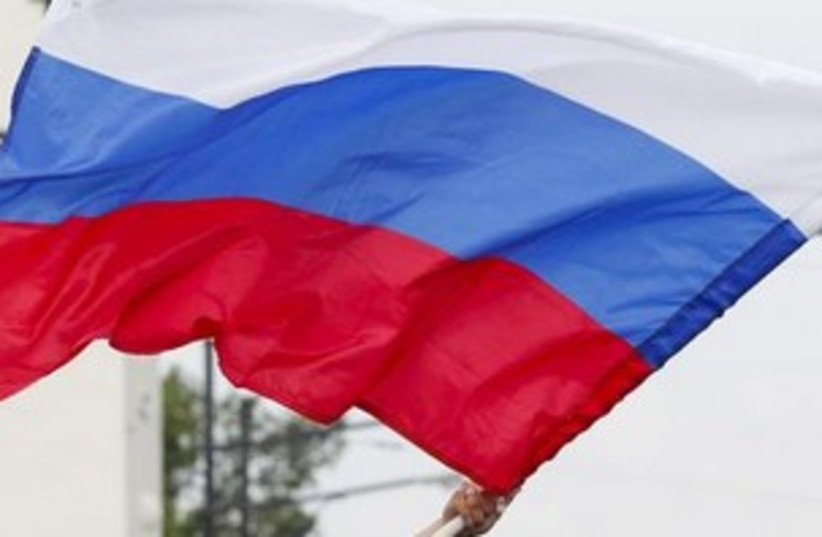Prime Minister Naftali Bennett and Russian President Vladimir Putin plan to meet in Sochi, Russia, on Friday.
As of press time on Thursday, Bennett had yet to make a final decision about whether to allow tourists who have received the Russian Sputnik-V coronavirus vaccine to enter Israel. He had considered adding Sputnik-V to the list of accepted vaccines as a gesture to Putin, despite the Health Ministry’s objections.
Tourists with at least two doses of the Pfizer, Moderna, AstraZeneca, Janssen (Johnson and Johnson), Sinovac or Sinopharm vaccines will be allowed to enter Israel as of November 1.
Approving the Sputnik-V vaccine “isn’t really coming up for discussion, and Israel will approve it when the World Health Organization does,” Housing and Construction Minister Ze’ev Elkin (New Hope), who translated Putin’s Russian remarks for former prime minister Benjamin Netanyahu and will do the same for Bennett on Friday, told Army Radio on Thursday.
Bennett and Putin plan to discuss diplomatic, security and economic matters, as well as regional issues, foremost of which is the Iranian nuclear threat, the Prime Minister’s Office said.
Moscow supports reinstating the 2015 nuclear deal, which would limit Tehran’s uranium enrichment while lifting sanctions, and has been encouraging Iran to rejoin it. Israel opposes the deal.
Bennett’s visit to Sochi, a Black Sea resort town where Putin has a home, came at the Russian president’s invitation. The two spoke on the phone earlier this month.
The visit also comes amid friction in the deconfliction mechanism between Israel and Russia in Syria, where the Russian Army maintains a presence. Israel attacks Iranian assets in Syria, which could try to establish themselves on Israel’s northern border or transfer weapons to Hezbollah.
In August, the Russian military in Syria said its air-defense systems had shot down 22 of 24 missiles launched by Israel into Syria. Two weeks later, a Russian-made missile launched from Syria landed in central Israel.

